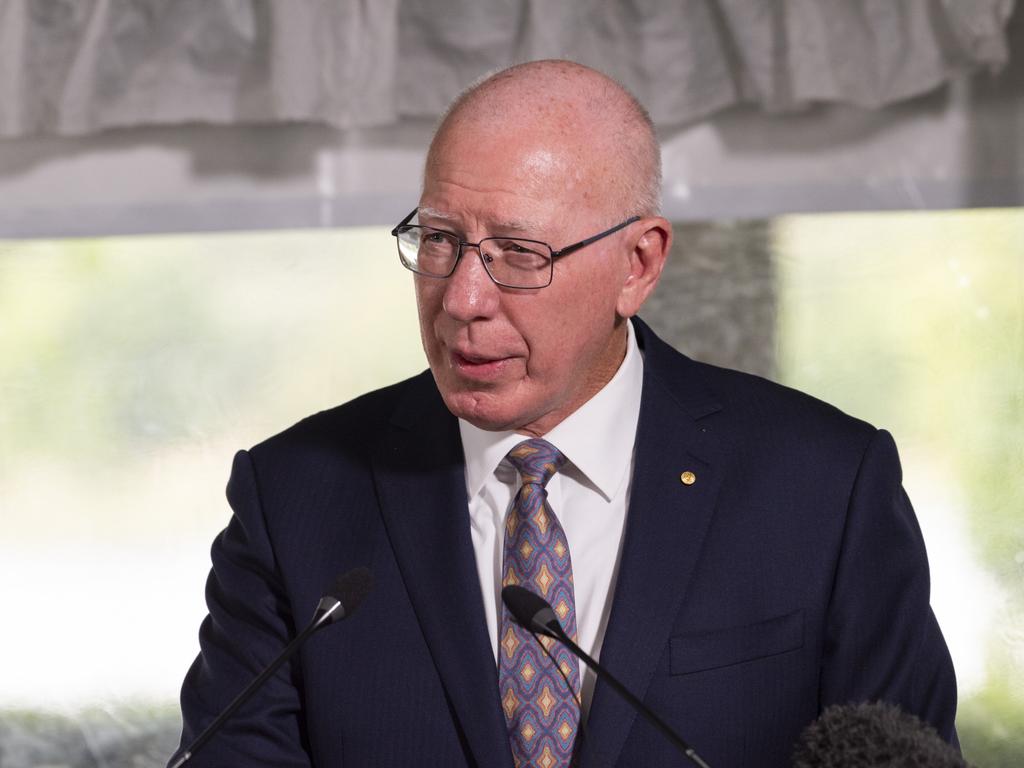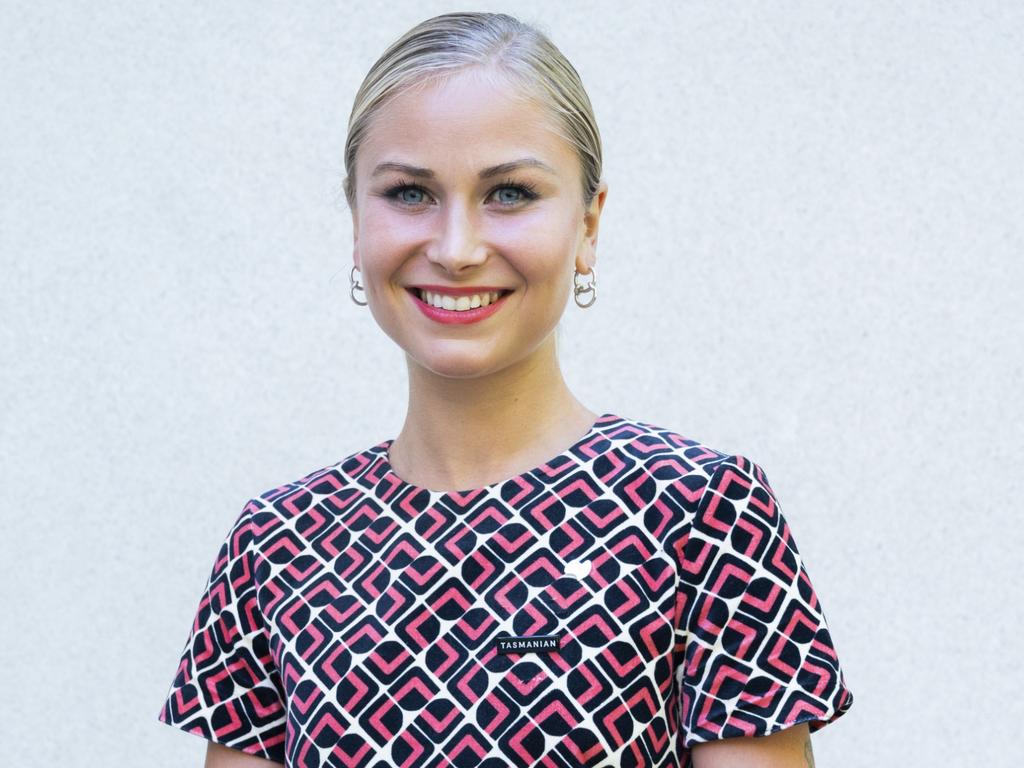We celebrate a nation and its achievement, not a date

As Noel Pearson has pointed out, we can trace three strands in our history — the deep Indigenous imprint, the settlers from the British Isles and the migrant mosaic, especially since World War II. Australia Day is an opportunity to reflect on how richly interwoven these threads can be, when we are at our best. It’s especially important to seek closer understanding at a time of polarisation, frayed trust in institutions and sharp conflict driven by social media and bad actors. This is not incompatible with honest reflection or acknowledgment of the truth that all national stories have dark or contested chapters.
Australia’s story was especially fraught because it involved an encounter between the leading edge of the industrial revolution and a traditional civilisation. This was a vast cultural gulf ripe for misunderstanding and miscalculation, and a complicating factor in addition to introduced diseases, Indigenous dispossession, frontier violence and fragmentation of a tribal way of life and worldview. It’s understandable if, from an Indigenous vantage, Australia Day seems to reduce to a date when the dreaming began to turn nightmarish. That same day also marks what for many decades was viewed as our shameful origin as a prison for the criminal and political outcasts of the British Isles; this was the convict stain. Yet recidivism and brutality in time gave way to enlightenment and aspiration, such that Australia emerged as a beacon of social mobility, prosperity and democracy. Indigenous disadvantage and injustice marred this achievement but did not nullify it, and Indigenous people will have a range of responses to Australia Day. Pride in Australia, and trust in its potential to do better, can coexist with a clear-eyed view of past wrongs.
Indigenous achievement and contribution are interwoven with the story of Australian success, just as the three narrative strands described by Mr Pearson have become richer and more interesting with intermarriage and intercultural exchange. Indigenous identity can be capacious enough to make room for a multiethnic sense of connection, just as post-war migrants may feel a patriotism more ardent than the complacent native-born, while seeing no contradiction at all in constantly reinvigorated ties with the culture and life of their home countries. This complexity is what it means to be human, and everybody loses if identity becomes narrowly politicised.
Much of the more intemperate campaigning against Australia Day appears to come from urban white elites and has more to do with a post-1960s New Left alienation than any particular Indigenous reality. This is an imported worldview that fails to come to grips with the fact that Indigenous society was never going to be left alone in its relative isolation.
It’s not discounting the culture shock and suffering that followed 1788 to point out that of all the expanding European empires, the British was often not the worst. The institutions its traditions made possible — rule of law, free speech, parliamentary democracy — have allowed plenty of room for robust criticism and analysis of the accompanying history of Indigenous dispossession.
Nation-building myths can be puffed-up exercises in self-congratulation but that’s not the understated Australian way. We also have to be careful not to go to the opposite extreme and indulge in repetitive and unproductive negativism. Australia is one of the very few countries in the world that remains a powerful magnet for would-be migrants, and their judgment has a good dose of realism in it.
This is not about telling Australians how they should mark their national day. That’s up to each person, of course. Some may not feel celebratory at all. But institutions and society at large ought to be confident enough to accentuate the positive on Australia Day. There is more than enough to celebrate, considering this country’s achievements and opportunities relative to other nations around the world today and in the past. And it is unwise, to say the least, for governments — even local councils — to parade the Invasion Day slogan because quite apart from its historical inaccuracy, it can be taken as an admission of a lack of legitimacy and authority.
The vast majority of Australians are indifferent to this political theatre and symbolic anxiety. They are deeply patriotic, even if many feel disinclined to articulate what exactly that might mean. There is no grassroots push on any scale to change the date of Australia Day. This is probably based on the pragmatic view that giving in to activists would simply embolden them to up the rhetorical ante, and do nothing to improve poor Indigenous life outcomes. It was discouraging to see Australian activists last year seeking to co-opt the extreme politics of the BLM fringe in the US, which has a very different racial history. Identity politics and campus-derived “critical race theory” — which has captured some mainstream institutions — are counterproductive because unbalanced “anti-racist” invective only deepens social division and reinforces the category of race when we should aspire to get beyond it. There are traces of this overheated narrative in this year’s Australia Day diatribes. It’s profoundly counterproductive, and likely to make it more difficult to bring the mainstream along with necessary reforms, such as instituting an Indigenous Voice to parliament. There’s ample scope for good-faith debate about our history but we need to guide our ideas for improvement and reform towards a common future.






Much of the date-wrangling debate falls away if Australia Day is welcomed as a celebration of our nation as a contemporary success, as an occasion for gratitude and goodwill, and a commonwealth project in which we look to the future with a spirit of hope, ambition and reconciliation. January 26, 1788, is a foundation date but the First Fleet is not the last word. And reaching for unity on a national day does not entail conformity of views or dismissal of dissenting voices.